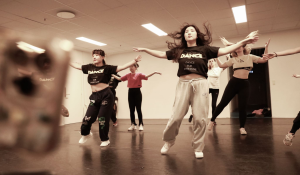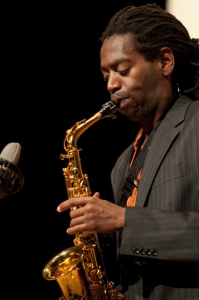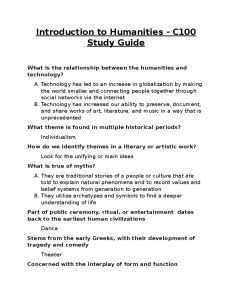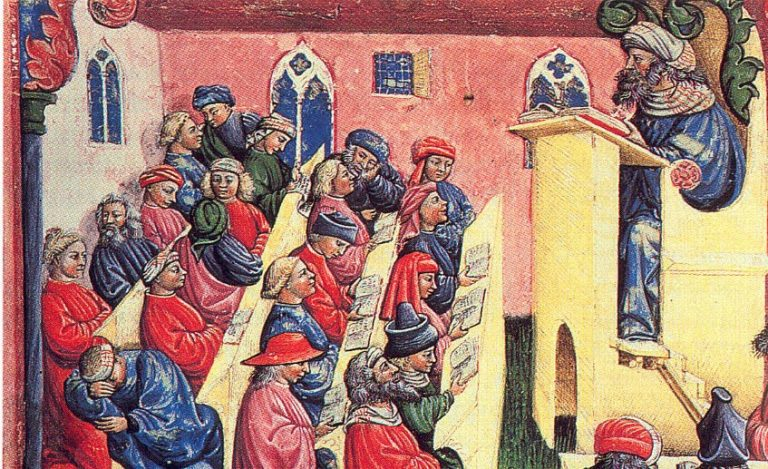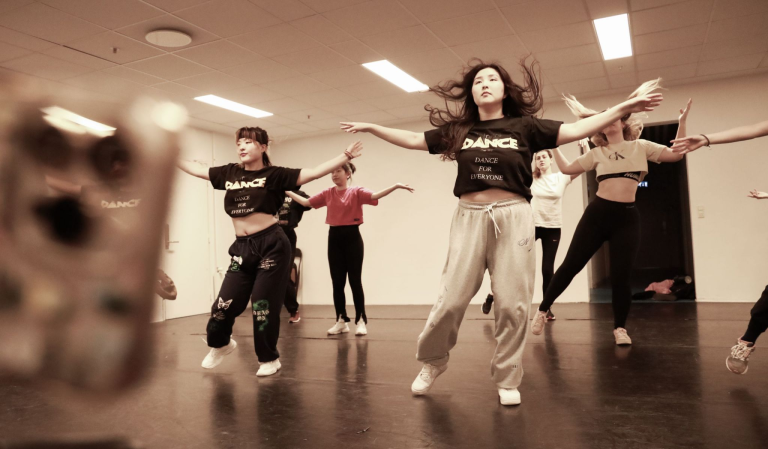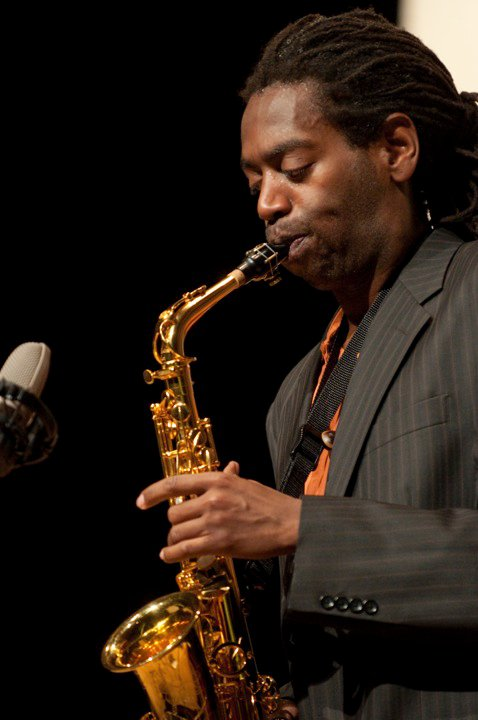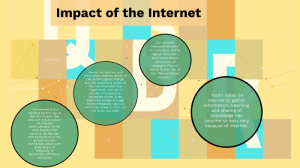The **medieval studies conference** recently held at Harvard marked a significant milestone, bringing together over 800 academics from around the globe to celebrate the rich tapestry of medieval history. This year’s event, hosted by the Medieval Academy of America, provided a vibrant platform for scholars to engage in workshops, presentations, and thought-provoking discussions on topics ranging from Chaucer analysis to the evolving global perspectives on medieval societies. As the audience filled Sanders Theatre for opening remarks, the excitement of collaboration echoed throughout Harvard Yard, demonstrating the continuing relevance of medieval studies in today’s academic landscape. Participants exchanged insights on the intersection of medieval literature and contemporary discourse, reflecting on works like Chaucer’s that address universal themes still relevant today. This gathering not only underscored the genre’s historical significance but also paved the way for future explorations in medieval scholarship, reaffirming Harvard’s role as a central hub for medieval studies as it has been for a century.
In this premier academic conference, scholars of the medieval era convened to delve into diverse aspects of historical inquiry, literature analysis, and cultural heritage, all while fostering an interdisciplinary dialogue. This gathering celebrated not only centuries-old traditions but also contemporary interpretations and methodologies that breathe new life into the study of ancient texts. From engaging discussions on the ramifications of medieval trade agreements to the nuanced readings of influential texts like “The Canterbury Tales,” the event acted as a beacon for those passionate about exploring the complexities of the Middle Ages. As academic experts and budding scholars united, the atmosphere buzzed with intellectual curiosity, showcasing how perspectives on medieval life continue to expand. The collaborative spirit of this conference highlighted the vital importance of community within the scholarly pursuits of medieval studies, effectively bridging past insights with future endeavors.
The Importance of the Medieval Studies Conference
The annual Medieval Studies Conference serves as a pivotal gathering for scholars and enthusiasts of medieval history. It brings together academics from various disciplines, fostering an environment ripe for interdisciplinary collaboration. This year’s conference at Harvard Yard was particularly notable as it celebrated the 100th anniversary of the Medieval Academy of America, underscoring its enduring influence in shaping perspectives on medieval studies. With over 800 participants from around the globe, the event highlighted significant advancements in scholarly research, ranging from literary analysis to historical methodologies.
Such conferences are crucial for the medieval studies community as they provide a platform for the exchange of ideas and innovative research findings. For instance, discussions around Geoffrey Chaucer’s works not only contribute to literary scholarship but also draw connections to contemporary themes like misinformation, showcasing the relevance of medieval studies in today’s discourse. The event not only celebrates the history and legacy of medieval scholarship but also paves the way for future explorations in the field.
Frequently Asked Questions
What can I expect at the Medieval Academy of America conference?
At the Medieval Academy of America conference, attendees can expect presentations from over 500 speakers, workshops, panel discussions, and networking opportunities among a diverse group of medievalists from around the world, focusing on various aspects of medieval history and studies.
How does the Harvard medieval studies conference promote interdisciplinary collaboration?
The Harvard medieval studies conference is designed to foster interdisciplinary collaboration by featuring presentations from various fields related to medieval studies, thus allowing scholars from different academic backgrounds to share insights and expand the understanding of medieval topics.
Why is the Medieval Academy of America conference a premier destination for medievalists?
The Medieval Academy of America conference is a premier destination for medievalists due to its rich history, high-profile plenary addresses, the diversity of topics covered, and the opportunity for scholars to engage directly with leading researchers in medieval studies from across the globe.
How has the field of medieval studies evolved over the past 100 years?
The field of medieval studies has evolved dramatically over the past hundred years, as demonstrated at the Medieval Academy conference, where discussions included global perspectives and interdisciplinary approaches that showcase the growth and diversification of scholarship focused on medieval history.
What unique themes were presented at the recent medieval studies conference held at Harvard?
The recent medieval studies conference at Harvard featured unique themes such as the impact of medieval trade, cultural interactions during the Middle Ages, and modern reinterpretations of medieval literature, illustrating the dynamic nature of medieval scholarship.
What opportunities does the conference provide for graduate students in medieval studies?
The medieval studies conference provides graduate students with invaluable networking opportunities, exposure to groundbreaking research, and workshops that enhance their teaching methodologies and broaden their perspectives on medieval scholarship.
Can participation in the Medieval Academy of America conference enhance my academic career?
Yes, participation in the Medieval Academy of America conference can enhance your academic career by enabling you to present your research, connect with established scholars, receive feedback on your work, and discover collaborative opportunities in medieval studies.
How can the themes presented at the medieval studies conference influence future scholarship?
The themes presented at the medieval studies conference can influence future scholarship by encouraging scholars to explore new interdisciplinary approaches, reassess historical narratives, and engage with diverse cultural contexts in their research on medieval history.
| Key Point | Description |
|---|---|
| Medieval Academy’s 100th Annual Meeting | Over 800 medievalists gathered at Harvard for workshops and discussions. |
| Geoffrey Chaucer’s Influence | Chaucer’s work addresses themes of misinformation, connecting medieval literature to contemporary issues. |
| Interdisciplinary Nature | The conference showcased the interdisciplinary growth within medieval studies, featuring diverse topics from different regions. |
| Key Presentations | Ph.D. candidates presented on various medieval topics, such as trade agreements and literary analysis. |
Summary
The Medieval Studies Conference has successfully highlighted 100 years of developments in the field, illustrating how much it has evolved and expanded globally. This event not only commemorated the achievements of the past but also sparked conversations about the future of medieval studies, emphasizing the importance of interdisciplinary approaches. With contributions from scholars worldwide, the conference served as a vital platform for sharing knowledge, showcasing research, and fostering collaboration among medievalists. It is an exciting time for the field as it adapts and grows, ensuring that medieval studies continue to resonate in contemporary discussions.
